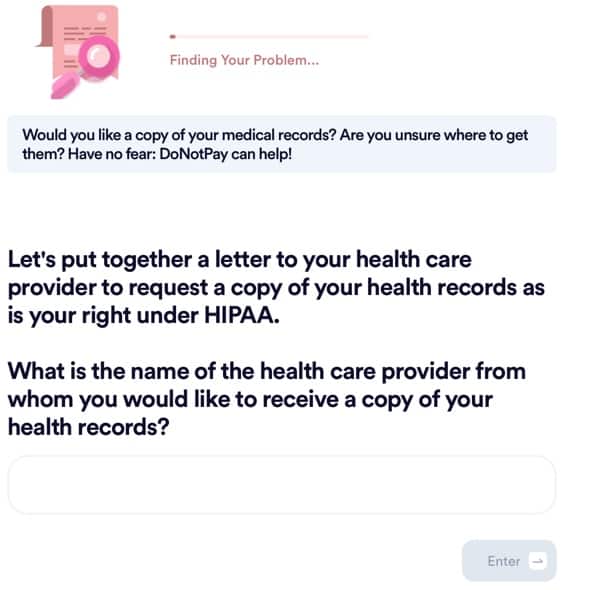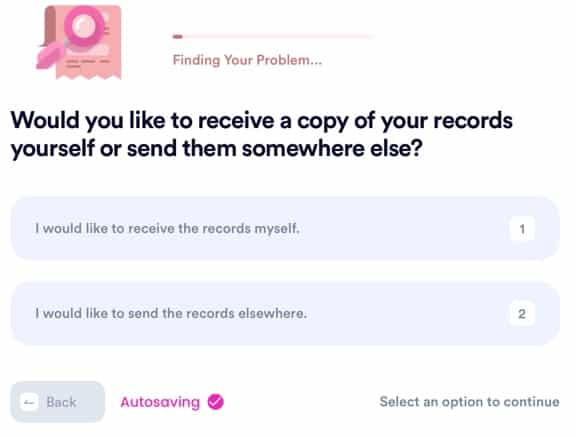How to Get Your LVHN Medical Records Without the Hassle
When you need medical records, nine times out of ten, you need them quickly. Unfortunately, nine times out of ten healthcare systems aren't organized in the best way to provide them quickly. Healthcare systems are usually born of providers merging or large providers acquiring big ones. And when that happens, patients often get lost in the shuffle.
If you're looking to get your Lehigh Valley Health Network (LVHN) medical records quickly, it's anybody's guess if you will. That's no knock on LVHN. It's just that when providers merge or acquire others, their integration efforts usually prioritize care over functions like records provision. So, if you need your quickly, your best bet may not be dealing with them directly.
Why Healthcare Systems Sometimes Face Difficulty Providing Timely Medical Records
Let's face it. Healthcare is business and big business at that. And though some healthcare providers charge fairly outrageous markups on simple copies of your protected health information (PHI), medical records provision is not a revenue generator. It's a compliance function, necessary to stay on the right side of the Health Insurance Portability and Accountability Act (HIPAA) and avoid regulatory and action.
So medical records provision is given short shrift. And even though medical records are also a critical component of treatment, providers often have had challenges getting electronic health records (EHRs) right. Legacy systems, inconsistent maintenance, and in-house IT skills deficits are just a few reasons why errors can plague EHRs, even before you consider consolidating two or more hospitals or clinics (with separate IT systems) into one big mass.
With healthcare managers struggling to ensure patient records are right so that they cannot only receive the best care, but the healthcare system itself can also receive the maximum payouts from insurers and Medicaid/Medicare, is it any wonder they're much less focused on getting former patients the records they need in a timely fashion?
Other Challenges Medical Records Offices in Healthcare Systems Face
Prioritizing care means prioritizing personnel to provide care, not to handle bureaucratic functions. That means that medical care offices in healthcare systems are often short-staffed. And in a crisis, medical records requests can wait as these staff members are pulled from desk duty to put out whatever fires are at hand.
Further, when hospitals and clinics merge, their IT systems don't always integrate seamlessly. Often, patient data doesn't perfectly transfer into the new enterprise-wide system, and in some cases, personnel may need to toggle back and forth between multiple legacy systems.
So, when a request comes through that may not have the patient's precise dates of treatment or include an old address, medical records office personnel may have challenges finding the requested information. And they may decide to triage the records that are easy to find, lengthening the time between your request and receipt of your PHI.
What You Need to Request Your LVHN Records
Like most healthcare providers, LVHN requires you to provide a decent amount of information to ensure they can retrieve your medical records accurately and quickly. They ask for your:
- Name and address given on the date(s) of your treatment
- Social security number
- Date of birth
- Dates of treatment
- Signature authorizing your request
To get you your records, they would also need your:
- Current name
- Current mailing address
- Preferred method of delivery
- Email address
- Associated fees
As per HIPAA, the healthcare provider must provide you with your requested records in the manner you indicate you prefer. They can't just pull your records and dump them into your patient portal if you've requested them by mail. By law, they must copy or print them off and drop them off in the mail if you ask them to.
Now, many providers charge fees to cover the administrative costs of these requests. These fees can vary wildly between providers, and some providers can charge hundreds of dollars for a single request. Often, providers don't make their fee schedule clear online, which can lead to substantial delays in you receiving your request.
Lehigh Valley Medical Network Details and Contact Information
| Website | Welcome to Lehigh Valley Health Network | Lehigh Valley Health Network | |
| Medical Record Request Form and Instructions | Medical Records | |
| Frequently Asked Question | Release of Information Frequently Asked Questions | |
| Phone Number | 888-402-LVHN (5846)
If you are experiencing a medical emergency, please call 911. | |
| Hours of Operation | Monday to Friday | 7 a.m. – 8 p.m. |
| Saturday | 9 a.m. – 5 p.m. | |
| Sunday | 9 a.m. – 5 p.m. | |
How Do I Retrieve My LVHN Medical Records?
There are several different ways to request your :
- Reach out to LVHN directly
- Use a third-party vendor
- Work through a patient advocate
- Use DoNotPay
You can always reach out to LVHN directly. But with due respect to their staff, prepare for the possibility of delays, especially if some time has passed since your treatment. You can also use a third-party vendor. But there are just as many scammers promising quick and cheap access to medical records as there are legitimate vendors, and it can be hard to tell the difference.
Some people use patient advocates to handle these kinds of requests. Patient advocates are usually solopreneurs with some background in the health industry. They market their ability to help everyday people navigate the healthcare system and handle various bureaucratic care-related tasks, like retrieving medical records.
Unfortunately, patient advocacy services aren't covered by insurance and can be quite pricey. You may be charged an arm and a leg to get your on top of LVHN administrative fees and wind up getting them no quicker than if you'd reached out directly yourself.
Of course, there's always DoNotPay.
Why DoNotPay is the Best Way to Retrieve LVHN Medical Records?
At DoNotPay, we offer consumers a simple tool to streamline their medical records retrieval. Not only have we helped former patients like you obtain their but we've also helped people get theirs from leading healthcare providers and systems across the country, like:
- Baptist Medical
- Cleveland Clinic
- Kaiser
- Mercy Medical
When you use DoNotPay, you can cut through the bureaucracy and confusion by following these simple steps:
- Look up medical records on DoNotPay’s website.

- Enter the name of the health care provider you’d like to receive medical records from.

- Answer a few questions about your provider and where you’d like to send the records.

No wrestling with third parties or sitting through long hold times. DoNotPay will make retrieving your medical records as painless as possible.
How Else Can DoNotPay Make Your Life Easier?
Not only can we make getting your medical records quicker and easier than ever, but DoNotPay can also help you in many other ways. From filing complaints to retrieving birth certificates to managing bills, DoNotPay has got you covered.
So, what are you waiting for? Sign up for DoNotPay to get your Lehigh Valley Health Network medical records or take care of many other tedious tasks today.
 By
By